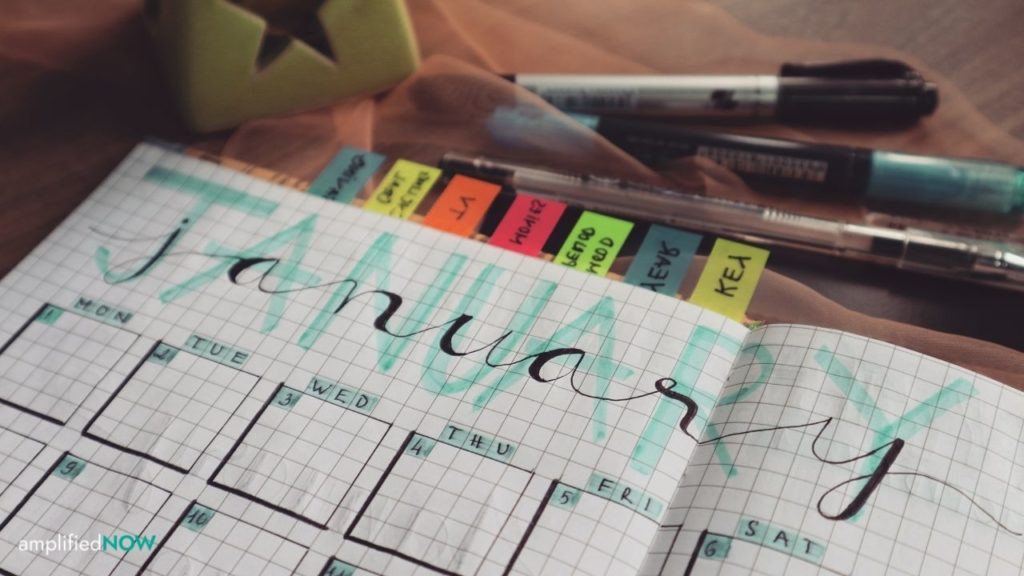Taxes, Deductions, and the Nitty-Gritty for Online Freelancers
Hey there, trailblazing freelancer! You’re probably killin’ it in the digital world while rockin’ your pajamas. That’s the dream, right? But there’s one niggling little detail that probably keeps you awake at night – taxes. Let’s unpack it.
Self-Employment Tax: That ‘Ol Chestnut
You’re your boss now, you free as a bird, online virtuoso! The downside of all that liberty? Self-employment tax. But don’t bug out just yet, we’re gonna walk through it together.
to get the skinny on what Uncle Sam expects from you.
To 1099 or Not to 1099
Raise your hand if you’ve heard of a 1099-MISC form. You? You in the back? No? Don’t worry, it’s cool.
with 1099-MISC form. These come into play if you make more than $600 from a client. Keep track, it’s important!
Diggin’ Deductions
Now here’s the silver lining in the big bad world of taxes – deductions!
-
Office Space: Got a dedicated home office? Ka-ching, potential deduction!
-
Internet and Phone: You’re probably pretty attached to your phone and internet. The best part? They could be deductible!
-
Health Insurance: No one said freelancing was risk-free. Thankfully, your health insurance premiums can be deductible.
on these deductions and more. Always remember to check with a tax professional to make sure you’re on the up and up.
When in Doubt, Reach Out
Feeling dazed and confused? Take a breath. Taxes are one of the gnarliest parts of freelancing, but you’re not alone. Consider reaching out to a tax professional to get your questions answered. It’ll take that weight right off your shoulders!
You’re doin’ great, freelancer. Keep on rockin’ it!
Mastering Self-Employment Taxes
Welcome to the world of self-employment, online overlord! Though the freedom can be exhilarating, it may come with the daunting task of managing self-employment tax. Fear not, for we’re here to guide you through it.
for a detailed rundown on what you need to pay the man.
The 1099-MISC Quandary
Ever run into a 1099-MISC form? No? No sweat.
on the 1099-MISC form. Essentially, if a client has paid you above $600, you’ll need this form. So, make sure to keep tabs!
Unearthing Deductions
But hey, it’s not all gloom and doom in tax land. There’s something to look forward to – deductions!
-
Workspace: Have a specific area at home as your office? Cash in on a potential deduction!
-
Communications: Can’t live without your phone and Wi-Fi? These essential tools might be deductible!
-
Health Coverage: Yes, freelancing can have its risks. But your health insurance premiums can be tax deductible.
about these deductions and others. It’s always a good idea to consult a tax professional to ensure you’re sticking to the rules.
Seek Guidance if Unsure
If it all seems a bit overwhelming, take a step back. Taxes can be one of the most complex aspects of freelancing, but you’re not in this alone. Reach out to a tax professional for expert advice, and alleviate some of that stress.
Keep up the great work, freelancer. You’ve got this!
Taxes can be daunting, especially for freelancers. This is because freelancers are responsible for handling and filing their own taxes as compared to employed individuals whose employers handle their payroll taxes. Here are some major things to consider when filing your taxes as a freelancer.
The Self-Employment Tax
Most people are familiar with the phrase ‘paying the man.’ For freelancers (and anyone self-employed), this means paying the Federal Insurance Contributions Act (FICA) tax, more commonly known as the self-employment tax. This tax is made up of the Social Security and Medicare taxes.
For a detailed breakdown and guideline about this tax, you can visit the IRS website. It provides the necessary information on what you are required to contribute.
The 1099-MISC Quandary
Have you ever been paid more than $600 by a client? If yes, then you’re familiar with the 1099-MISC form. If not, don’t worry, it’s not as intimidating as it seems. The 1099-MISC form is basically a record that an entity or person—not your employer—gave or paid you money. Therefore, keep track of your payments, it’s crucial come tax season.
Unearthing Deductions
While paying taxes may seem like a burden, there’s a silver lining- deductions! Freelancers can get deductions on several things such as a home office, work-related communication services like phone and wifi, and even health insurance premiums. The IRS provides detailed information on these deductions as well as other deductions that you might not be aware of. Always consult a tax professional to ensure you’re compliant with the rules.
Seek Guidance if Unsure
Taxes can be complex, particularly for freelancers. However, it’s important to not let this stress you out or overwhelm you. Reach out to a tax professional if you need guidance or assistance. A tax professional can provide expert advice, answer your questions, and give you peace of mind during tax season.
Know that as a freelancer, you’re not alone in your tax journey. Remember to stay positive and keep up the great work! Pay Estimated Taxes On Time
Freelancers also have to make estimated tax payments quarterly to the IRS and possibly to their state tax agency. This is because taxes are not deducted from your paycheck as they are for traditional employees. These estimated payments are generally due on April 15, June 15, September 15, and January 15. Failure to make these payments can result in penalties and interest charges, so it’s important to stay on top of these deadlines.
Track Your Income and Expenses
Maintaining accurate records is crucial for any freelancer when it comes to tax season. This includes keeping track of all your income and your business-related expenses. You may use financial apps, spreadsheets or traditional accounting methods, depending on what works best for you. In any case, accurate record-keeping can save you a lot of hassle when it’s time to do your taxes.
Use Tax Software
With tax software, you can manage, calculate and file your taxes with ease. Many popular tax software programs include a self-employed or freelancer option that can help guide you through this process. They can even remind you of potential deductions that you might have missed. It’s advisable to review a variety of software and choose one that best fits your needs.
Remain Vigilant about Changes in Tax Laws
Tax laws can change from year to year, and as a freelancer, it’s crucial that you’re aware of these changes. For example, changes may include deductibles, rates, or forms that need to be filled out. The IRS website is a great resource for updated information.
In conclusion, though paying taxes as a freelancer can seem daunting, with the right knowledge and preparation, it’s a manageable task. Staying informed, organized, and seeking the right help when necessary can make tax season much less stressful.


